Does Microneedling Actually Work?
Are you feeling a tiny bit apprehensive about “wounding” your face with hundreds of pinpricks? It might seem like the beauty version of waterboarding, but microneedling can prove to be the best thing that ever happened to your face. The internet is flooded with compelling before-and-after photos (and some horror stories). So, what exactly is microneedling? Does it actually work?
Microneedling (also known as collagen induction therapy) involves tiny needles which prick your skin in order to rejuvenate your skin naturally. This procedure is becoming so popular recently and the only reason lies within the promising results it offers every time. It does wonders to your skin, it makes it glow, healthy, fuller, even and so much more. The needle part of this procedure sounds like a torture but, but people are into it. Let see does it actually work!
What does microneedling do to your skin?
It is a type of collagen-boosting therapy that can treat anything from large pores, hyperpigmentation, wrinkles to scar, cellulite, and much more. It involves using a device known as derma roller. Basically a mini wheel covered with fine needles, it creates hundreds of tiny, invisible puncture wounds in the top layer of skin. These punctures stimulate your body’s natural wound healing processes, boosting the production of collagen and elastin, two popular proteins that act as the building blocks for the skin’s overall structure.
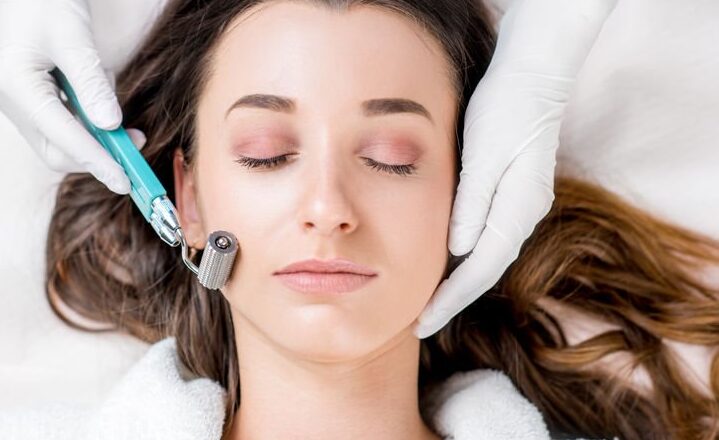
Does Microneedling Actually Work?
According to a study published in 2017, microneedling is proved to treat scarring and wrinkles, enable skin rejuvenation, and improve skin appearance. Dozens of clinical trials have been conducted to prove the effectiveness of microneedling. There are countless benefits of micro needling.
Microneedling for anti agging:
As you age, your body produces less collagen (more age, less collagen produced). That,s why old people tend to have loose and wrinkled skin. Microneedling can make your skin to produce more collagen. This new collagen helps to smoothly fill your skin, helping it to appear even, tighter, and firmer.

Microneedling for scars:
Several studies show efficacy of dermarolling treatment for scars caused by acne, stretch marks, and weight loss. In one study, nearly 100 percent of patients with scars reported a marked improvement in the visibility of their scars. They showed an increase in production of collagen and a decrease in elastin by the end of the treatment. For severe acne scars, however, you may need longer needles of 2mm or more for maximum results.
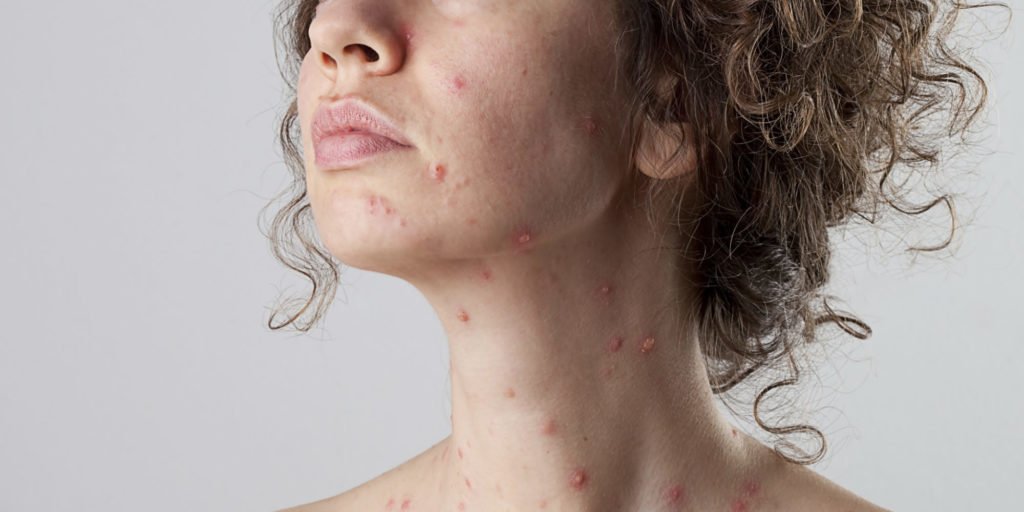
Microneedling for Pigmentation disorders:
Increased collagen production, as induced by microneedling can also reverse hyperpigmentation, caused by sun damage, and discoloration that comes with melasma. However, using derma roller with skin lightening agents can enhance their transdermal drug absorption. This combination treatment effectively reduced the appearance of melasma, hyperpigmentation, and dark spots.

Microneedling for Alopecia:
Microneedling is effective in treating androgenic alopecia. According to a study, about 80% patients reported increased hair regrowth in combination with 5% minoxidil. The microinjuries caused by the needles increase the topical absorption of the products applied. So, by using it along with hair growth products can provide results faster.
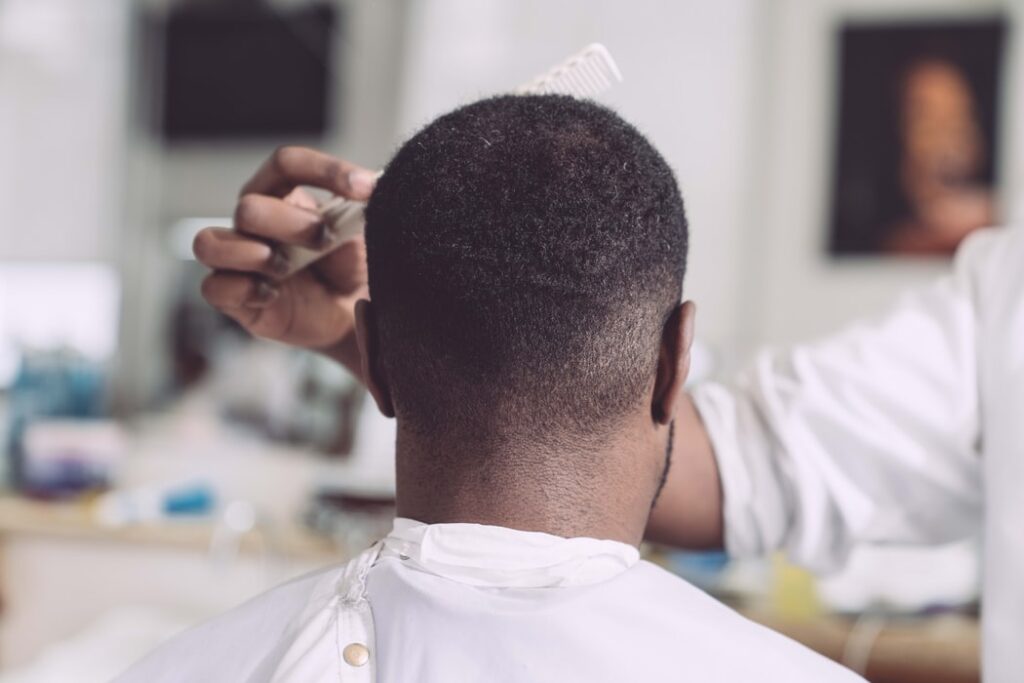
Microneedling for stretch marks:
Stretch marks are deep scars that are often natural but can have a huge impact on your self-esteem, especially in visible areas like arms, legs, etc. By breaking up the damaged skin cells, the body starts the healing process by increasing the production of collagen and elastin. The derma roller offers a simple yet successful stretch mark treatment at a fraction of the cost of other cosmetic treatments like laser therapy.



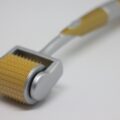


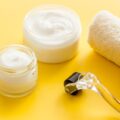


Please add your thoughts
Leave a Reply
Want to join the discussion?Feel free to contribute!